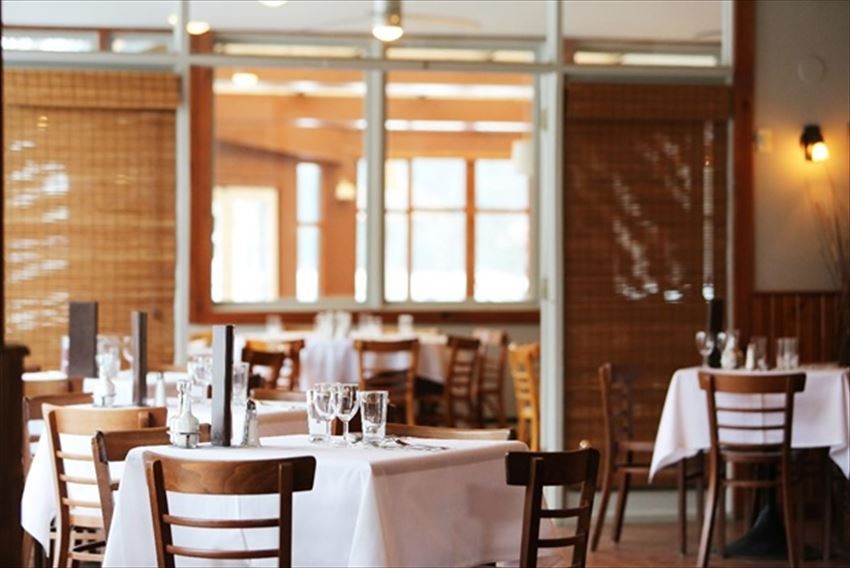
It can be a bit daunting to go to a restaurant in a foreign country for the first time. Not speaking the language is hard enough, but understanding the way you are expected to behave in a restaurant can be difficult as well. However, going to a restaurant should be enjoyable and a great opportunity to try new things. So here are a few tips on what to do and how to avoid inadvertently causing offence when you go out to eat in Japan.
Do:
Call the waiter to order
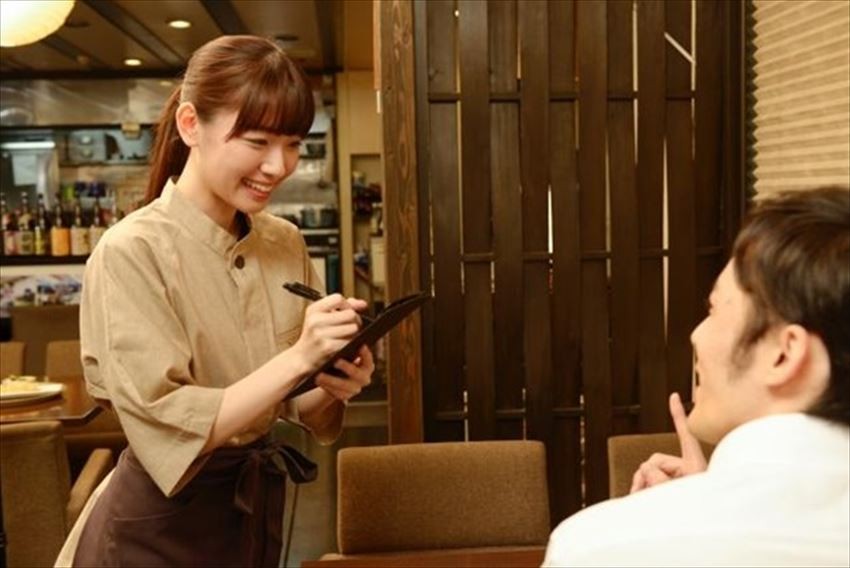
It does depend on the style of the restaurant, but don’t be surprised if the waiter does not come to take your order immediately. They often do not approach a table without being summoned by the customer.
A good word to remember is “sumimasen,” meaning “excuse me.” Use this phrase to call the waiter when needed. In some restaurants, you may find a call button on the table. In those type of eateries, they will not come to your table unless you use it.
Use small plates and pour drinks out of courtesy
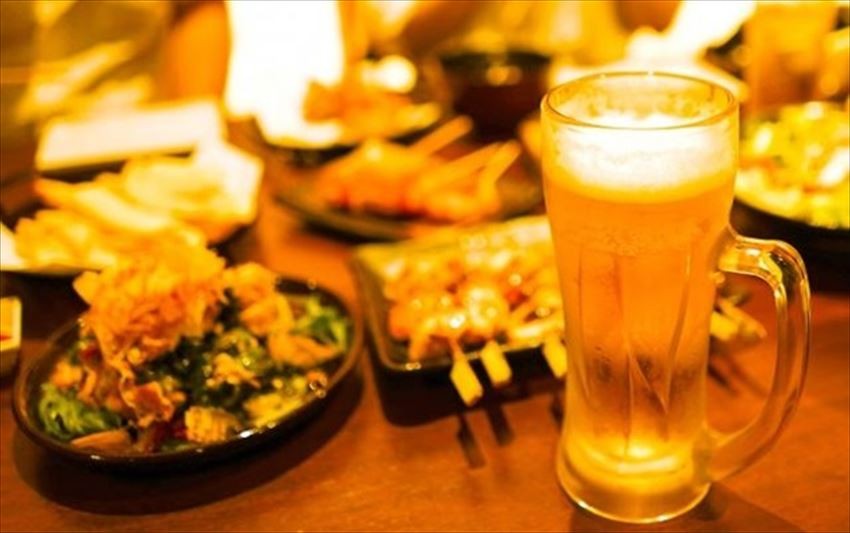
In casual eateries izakaya (pubs), and tapas bars, many of the dishes are sharable. Expect to share some food with your fellow diners by using the small plates provided. It's customary to pour drinks for each other in Japan. Keep this practice in mind, particularly when out drinking with your Japanese friends, especially if they are your seniors.
Ask for the bill and pay at the cashier desk
When you are ready to pay for your meal, ask the waiter for the bill by saying “okanjō onegai shimasu,” (literally, “the bill please”). If you don't have the confidence to say it, you can gesture by diagonally crossing your index fingers. Typically, you then take the bill to the cashier's desk to pay on your way out. In some restaurants, the waiter may bring the bill together with your food or while you are eating. Don’t be offended if you get your bill early. It’s not meant to be rude or a sign they want you to leave soon.
Don't:
Leave a tip
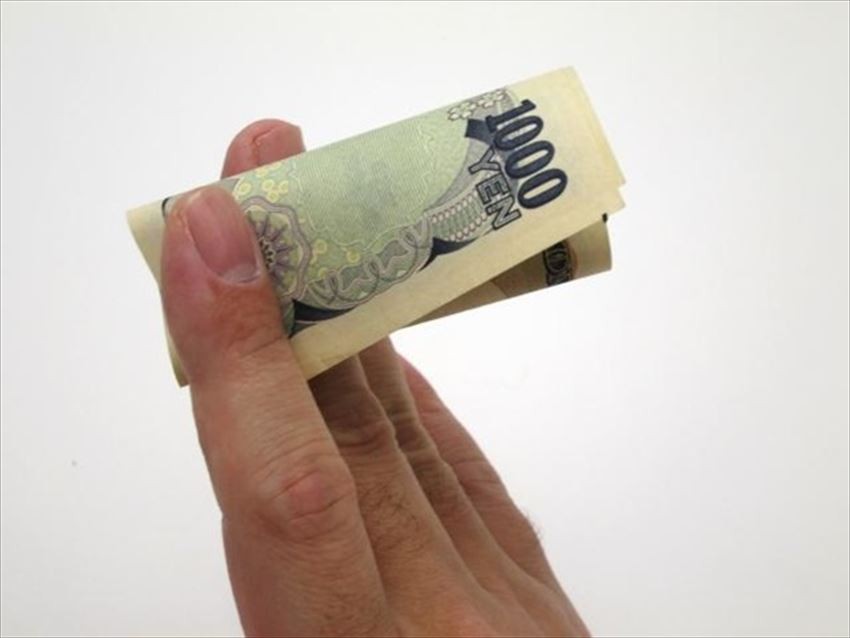
Tipping is not needed when eating out in Japan. In fact, most waiters will not take any tip since it’s not part of the culture. Perhaps, if you leave some tip on the table, it’s more likely that they will run after you thinking you forgot some money on the table. Instead of a tip, here is a phrase that will be wonderful to say in order to show your appreciation: “gochisō-sama deshita,” meaning “thank you for the meal.”
Make cultural faux pas
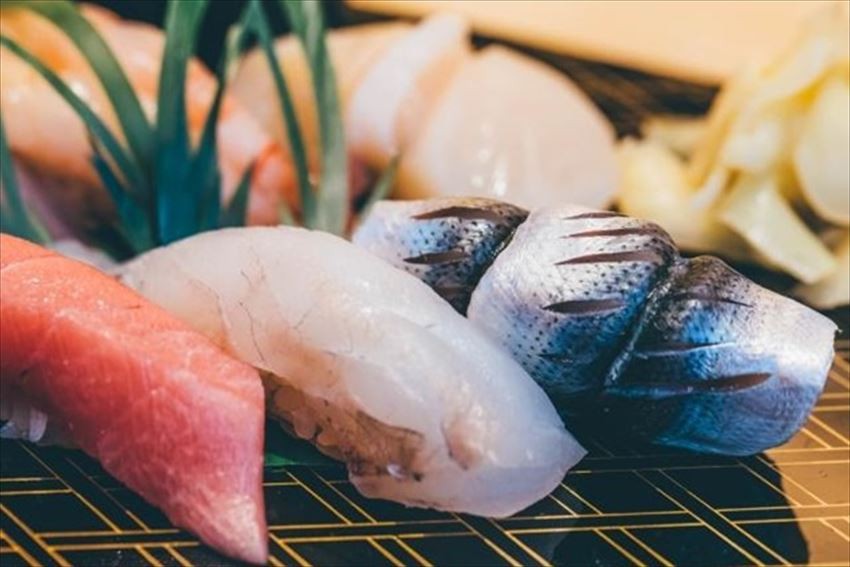
You may believe that the customer is always right, but one thing you do not want to do is to offend the chef. For example, in a good sushi restaurant, asking for extra wasabi can do that. From the Japanese point of view, a highly trained chef is the master of combining ingredients and presenting it to diners, expecting no further alterations. Try to keep in mind how certain foods are traditionally eaten before making any request.
Take care how you use your chopsticks. Unsurprisingly it is considered rude and unhygienic to pick food from a communal serving plate with the ends of the chopsticks that you put in your mouth. You can use the thicker end that you usually hold. Also never leave chopsticks sticking up out of your bowl of rice, because it reminds Japanese of incense sticks used in temples for funerals.
Be adventurous and discover great food in Japan. The few phrases mentioned above will come in useful in restaurants, so keep them in mind. You may find that there are other unfamiliar practices in Japan like the wet towels that will be proffered when you sit down at the table. Use them to clean your hands before eating, not after the meal. In some restaurants, a glass of water or even tea will be brought to you even though you didn’t order it. These are complimentary, while you will also find that in some bars and izakaya you will get a small appetizer as a token for the table charge that will be added to your bill. Be aware of these distinct cultural practices in restaurants and have fun. The chef and the waiter will really appreciate it if you show respect and enjoyment of their cuisine.

Comments